From Classroom to Catalyst: How AIM-Born AGAP.AI Is Transforming Early Childhood Development
MAKATI, Philippines — Representing the National Capital Region (NCR) in the Filipinnovation Awards 2025 National Competition this October, AGAP.AI—developed by graduates of the Master in Innovation and Business (MIB) program at the Asian Institute of Management (AIM)—is a groundbreaking platform that uses artificial intelligence (AI) to monitor children’s developmental milestones.

The AGAP.AI team representing the National Capital Region at the Filipinnovation Awards 2025
The Filipinnovation Awards 2025 marks the inaugural edition of what the Philippine government positions as the country’s premier innovation competition, designed to spotlight Filipino innovators ready for early-stage commercialization, engage stakeholders across the innovation ecosystem, and recognize contributions that foster a culture of innovation.
AGAP.AI was conceived during the Innovation Overture of the MIB program—a rigorous, transformative two-week sprint immersing students in foundational subjects such as economics, accounting, artificial intelligence, and entrepreneurship. Tasked with developing a demo-worthy capstone project under intense pressure, the team created AGAP.AI: an AI-powered platform for the early detection of developmental delays, including autism, in children under five.
“Each of us has witnessed the quiet struggles of families affected by developmental delays or disorders in children. Autism is often misunderstood, but early detection and diagnosis can profoundly change the course of a child’s life,” shared Dr. Reynand Jay Canoy of the MIB 2025A cohort and one of AGAP.AI’s co-founders. “We knew in our hearts that we had to act. Our vision is to make developmental milestone monitoring accessible to every Filipino family, regardless of who and where they are, because every child deserves the chance to thrive.”
In addition to Dr. Canoy, AGAP.AI’s co-founders include Patricia Mae Parungao, John Romeo Alvarez, and Ma. Cristina Zapanta—all members of the MIB 2025A cohort.


From left to right: Dr. Reynand Jay Canoy and Patricia Mae Parungao, MIB alumni who are transforming early childhood monitoring
At the core of AGAP.AI is a mobile-first application built around the Centers for Disease Control and Prevention’s “Learn the Signs. Act Early.” program, which outlines over 100 developmental milestones across four key domains: social-emotional, language and communication, cognitive, and motor. From capturing a baby’s first laugh to noting when a child begins to roll or speak, the platform empowers parents to log observations, with the option to include videos or photos. Its AI system analyzes behavioral patterns and offers timely prompts when it may be appropriate to consult a healthcare professional.


From left to right: John Romeo Alvarez and Ma. Cristina Zapanta, MIB alumni who are transforming early childhood monitoring
Importantly, AGAP.AI is designed to detect potential concerns rather than to diagnose, preserving clinical integrity while promoting proactive health-seeking behavior. It encourages meaningful dialogue between parents and healthcare providers about a child’s overall development, enabling timely and informed interventions when needed. Autism, for example, can become significantly more costly both financially and emotionally when diagnosed late. AGAP.AI offers parents an unbiased and judgement-free way to monitor what matters most—their child’s growth and well-being.
Now a finalist representing NCR for the Filipinnovation Awards 2025, AGAP.AI is advancing to the national stage. The team is set to compete in October, bringing not only their innovation but also the academic foundation instilled by AIM.
“We credit AIM for preparing us well for the competition and for pushing forward our startup company. Our edge really comes from the MIB program’s rigorous coursework, which covers ideation, problem validation, solution testing, AI, data visualization, intellectual property, sustainability, strategy, entrepreneurship, marketing, accounting, and finance,” Dr. Canoy revealed.
As the Filipinnovation movement, spearheaded by the Department of Economy, Planning, and Development (DEPDev, formerly NEDA) and the National Innovation Council, continues to spotlight homegrown technologies that improve lives, AGAP.AI emerges as a powerful example of how education, empathy, and innovation can come together to create scalable, life-changing impact.
Building on this momentum, the AGAP.AI team will also represent the Philippines at the Bangkok Business Challenge (BBC) in Thailand, Asia’s longest-running global student startup competition, happening from 22 to 24 May 2025.
This is not just a student project. It is a public health tool. It is a future unicorn with a heart.
Learn more about the Master in Innovation and Business, a program that equips innovators to turn bold ideas—like AGAP.AI—into impactful, real-world ventures.

![GroupPhotoAGAPAI[71] (1)](https://aim.edu/wp-content/uploads/2025/05/GroupPhotoAGAPAI71-1.jpg)
